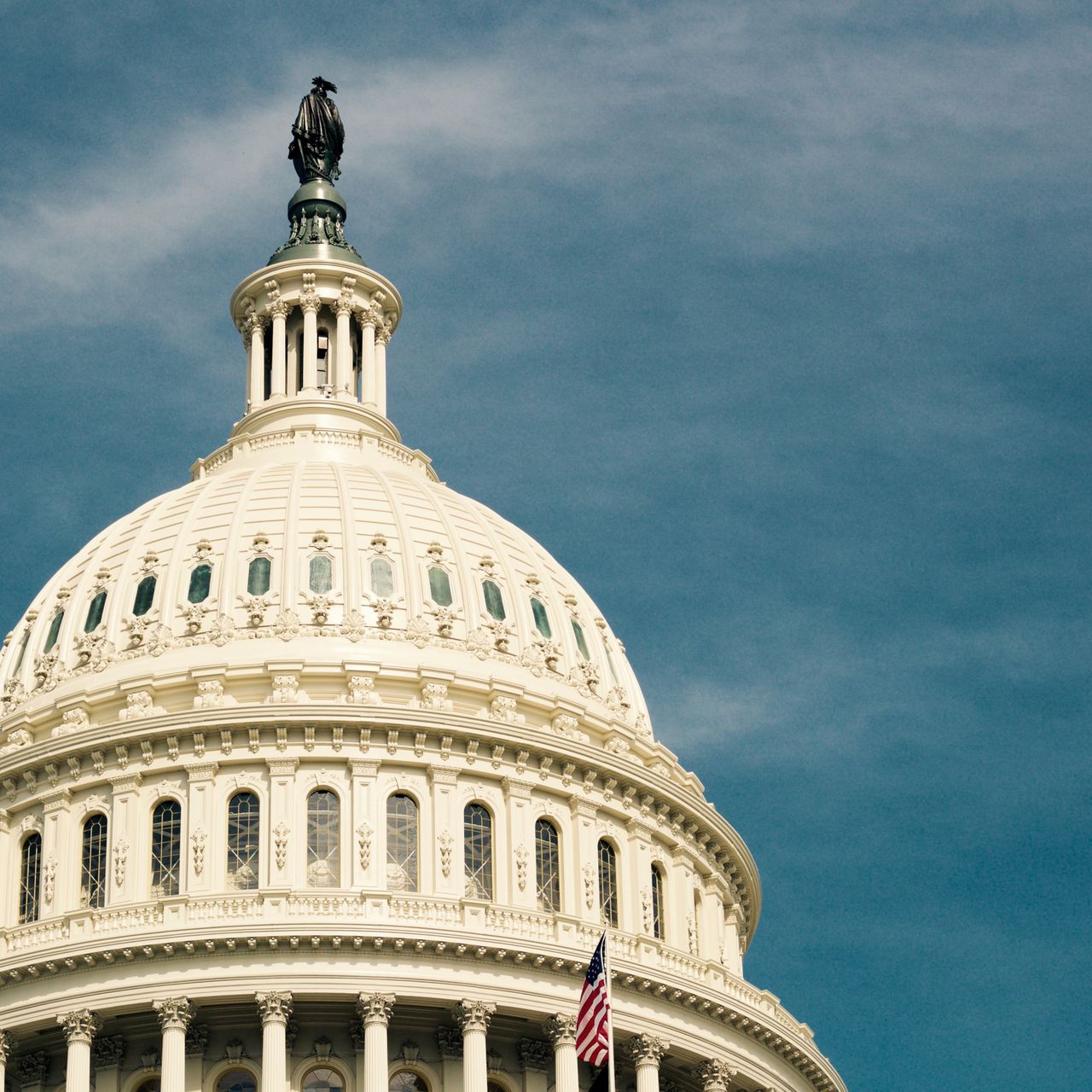Author: Amee LaTour
-
Previewing Alaska’s second U.S. House election of 2022

Incumbent Rep. Mary Peltola (D), Nicholas Begich III (R), Sarah Palin (R), and Chris Bye (L) are running for Alaska’s at-large congressional district on Nov. 8, 2022. Peltola, Begich, Palin, and Tara Sweeney (R) advanced from the Aug. 16, 2022, top-four primary. Sweeney withdrew, meaning Bye, the fifth-place finisher, advanced. Peltola won the special general…
-
A three-candidate rematch in Maine’s 2nd Congressional District

Incumbent Rep. Jared Golden (D), former Rep. Bruce Poliquin (R), and Tiffany Bond (I) are running in Maine’s 2nd Congressional District on Nov. 8, 2022. Golden defeated Poliquin, then the incumbent, along with Bond and Will Hoar (I) in 2018. That was the first congressional race ever decided by ranked-choice voting. Poliquin received a plurality…
-
Incumbent Rep. Annie Kuster (D) and Bob Burns (R) running in NH-02

Incumbent Rep. Annie Kuster (D) and Bob Burns (R) are running for New Hampshire’s 2nd Congressional District on Nov. 8, 2022. Kuster first took office in 2013. She said, “I will protect access to safe, legal abortion, and my opponent, Mr. Burns, won’t, and that’s the difference. That’s what’s on the ballot this November.” Kuster…
-
Incumbent Chris Pappas (D) and Karoline Leavitt (R) face off in NH-01

Incumbent Chris Pappas (D) and Karoline Leavitt (R) are running for New Hampshire’s 1st Congressional District on November 8, 2022. Pappas served on the New Hampshire Executive Council and in the state House of Representatives before Congress. He emphasizes his experience owning a restaurant. Pappas says his record includes working for affordable healthcare for New…
-
Incumbent Maggie Hassan (D), Don Bolduc (R), and Jeremy Kaufmann (L) in battleground N.H. U.S. Senate election

Incumbent Maggie Hassan (D), Don Bolduc (R), and Jeremy Kauffman (L) are running for U.S. Senate in New Hampshire on November 8, 2022. Hassan took office in 2017. Hassan is campaigning on what she describes as a bipartisan record and her support for a gas tax holiday through 2022, saying she has worked to lower…
-
Previewing Alaska’s ranked-choice gubernatorial election

Incumbent Gov. Mike Dunleavy (R), Les Gara (D), Charlie Pierce (R), and Bill Walker (I) are running for governor of Alaska on Nov. 8, 2022. They advanced from the top-four primary on Aug. 16, 2022. Dunleavy was first elected in 2018, succeeding Walker, who had served as governor since 2014. Walker withdrew from the 2018…

